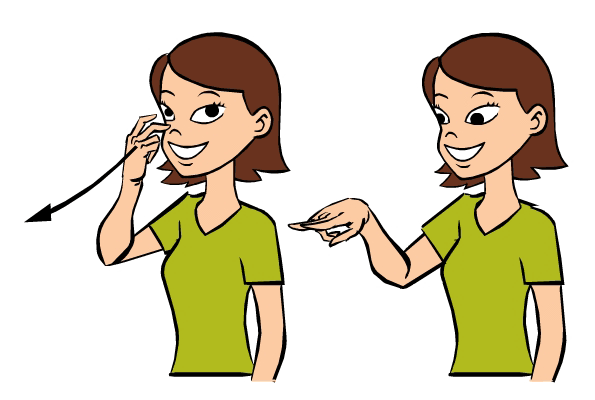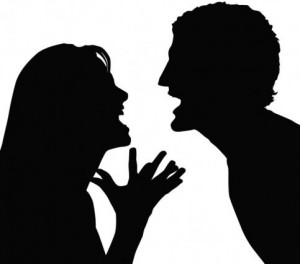I see an interesting entry ahead of me.... As I mentioned in an old entry, the English language can sometimes be incredibly specific. Today's entry will be devoted to a very quirky English quirk, hehe, verbs related to vision. There is a wide range of verbs related to vision with different nuances in English. Let's start with the basics!
1. Basic verbs related to vision
a) SEE : This verb is the basic verb related to your sight in English. It means look at something with your eyes. It is quite general!
b) LOOK AT : It is more specific than seeing. When you look at something, you focus on one particular object. My students are always looking at the window when they are bored!

c) OBSERVE : This verb goes beyond looking. It means looking at something with close attention to detail. After some time, he observed she had a stain on the shirt.
d) NOTICE : This verb is very similar to observing. The verb 'notice' is linked to 'perceive something with the different senses, including sight.' Have you noticed that I had a haircut?
E) WATCH : 'Watch' implies a lot of effort. It means to look at something with attention and interest. That's is why in English we say watch TV. This verb is also connected to spying on someone. Haven't your parents ever asked to watch (over) your younger sibling?
F) STARE AT : To look at something or someone with the eyes wide open. The dog stared at me when I saw I was eating filet mignon.
If you see TV, your eyes are detecting the television set (which may be off)
If you look at TV, your eyes focus on the television set (which may be off)
If you notice that the TV is on, you are just seeing the colours coming from TV.
If you watch TV, you are paying attention to a given TV programme and the TV is on.
2. Verbs related to vision starting with letter g-
Another English quirk is that in English a great deal of verbs beginning with g are related to vision, but they have very different nuances. Let's examine this:
- Glare at: To look at something fixedly as if you were angry.
- Gawk at : To look at something or someone with astonishment. He gawked at my girlfriend when he found out she was gorgeous and much younger than me!

- Gape at : To look at something with extreme surprise, to gawk at something, e.g. gape at the people in an accident.

- Glance at : To have a quick look. Glance at the newspaper.

- Glimpse : To see something very quickly, in little time. When I looked out, I could glimpse some person stand by in the darkness, but then it suddenly disappeared.
- Gaze at: To look with curiosity and wonder. The little child gazed at the telescope.
- Glower at : To look at something with disgust or discontentment. The girl glowered at her spinach.
Well, did you know that you could get to look at something in so many different ways in English ? This entry is far from being over. Next week, we'll get to know some more expressions related to sight and vision in English. Interested?



